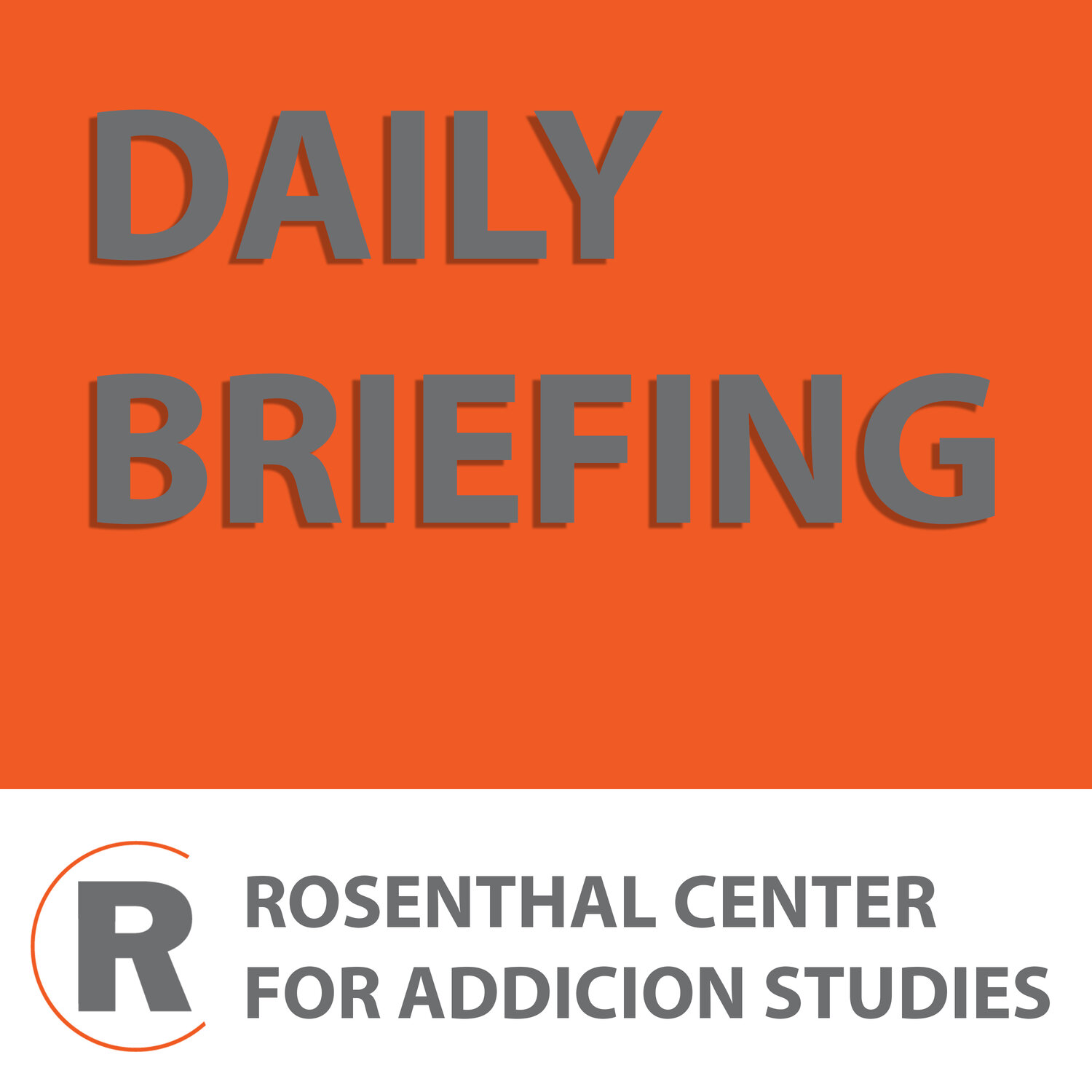The Daily Briefing 7.28.2021
Description
A majority of creditors seeking compensation from Purdue Pharma for its role in the opioid epidemic have agreed to a $4.5 billion settlement with the OxyContin maker, clearing the way for the deal to be approved. More than 120,000 creditors—including cities, states, tribes, and families and caregivers of children born addicted to opioids—are seeking payment from Purdue, which is ready to settle but will not admit responsibility for contributing to the opioid epidemic. The company will pay out the money over nine years to fund addiction treatment and prevention programs and exit the opioid market. Many states at first objected to the deal but then extracted further concessions from the firm, including the release of millions of documents related to the case and its painkiller business.
Meanwhile, the opposition is growing to another proposed opioid settlement between the states and the country’s largest drug distributors and opioid maker Johnson & Johnson. Washington State and West Virginia, as well as the city of Philadelphia, say the $26 billion settlement is too little and the payout timeframe of nearly two decades too long, faced as they are with a growing drug crisis and surge in overdose deaths today. They also want the companies, which underplayed the addictive nature of opioids and failed to control their distribution, to be held accountable. If a majority of states back out of the deal, it could reduce the total amount of compensation or scuttle the settlement altogether.
And finally, the World Health Organization has warned for the first time about the dangers of e-cigarettes, describing vaping as an emerging health threat. In a new report, the WHO said that nearly 85 countries do not have safeguards to protect against the rising popularity of vaping; only 32 countries have banned e-cigarettes, and 79 have adopted at least one measure—such as health warnings on the packaging—to curb sales. The report concluded that e-cigarettes are harmful and must be better regulated. In the U.S., there is an epidemic of youth vaping, which has prompted the Food and Drug Administration to consider stricter regulation of the industry.
More Episodes
More and more people are turning to medical cannabis products to alleviate mental health problems such as anxiety, depression, and insomnia—although there is little science indicating that the drug is safe and effective to treat these problems. Advocates of medical marijuana legalization have...
Published 10/28/21
Published 10/28/21
The New York Times finally weighs in on the risks to kids from marijuana edibles, noting that many teens underestimate the dangers associated with the drug. With pot legalization making pot more widely available, young people have come to believe marijuana is less dangerous creating a perfect...
Published 10/22/21


